I created Vital Mamas to support you with programs that help you learn how to care for your body, mind, and soul so that you can take responsibility for your whole health. This is what true healing does. I want to share some context about where I see the western/conventional medical model falling short. You have expert insights about your body (as the one actually living in it) and I want to help you listen to and trust that inner guidance.
Modern western medicine can truly work miracles.
It can bring someone back from the brink of death, repair the body in unprecedented ways, and modern medications can save lives and allow people to function again. Western medicine is amazing in acute situations. Having worked 7 years in a hospital operating room, I’ve seen first hand how talented, hardworking, and selfless physicians can be in these complicated, high-pressure situations. Western medicine is also pretty awesome with diagnosis as they have 1,000’s of tests at their disposal and endless categories of specialists with a wealth of knowledge about all your complex parts. The technology of modern medicine is mind-blowing too, and I have personally benefitted from it many times over. That being said, it has its weak spots. These weak spots have contributed to the rise in popularity of different types of health practitioners.
The western/conventional medical model is lacking is in:
- maintaining a holistic view of the body and all of its many intricate connections
- maintaining curiosity about underlying mechanisms (finding that first “domino” that fell that got you to where you are now)
- remaining humble about the mass amounts of things we don’t yet understand about the body
- in having an emphasis on choosing and using the medicine, tools, and lifestyle changes that support health and balance
- and in choosing the truly least invasive and most gentle method first (which happens to be the most cost-effective too).
With all that we do know about the body, there is still so much to learn. The more I learn about medicine, the more I realize how much we don’t actually know. It’s truly humbling. I find some MDs appear to struggle with standing in this space of not knowing and admitting all the places where western medicine falls short. MDs are molded inside a system where the doctor is playing the role of the expert who is supposed to know more than you about your body, and your role is to be the passive recipient of their sage advice (delivered in rushed a 7-15 minute window that optimizes insurance payout). I don’t believe most MDs enjoy working within this oppressive model, and they also didn’t create it.
If circumstances have turned you into a passive recipient, such as in surgery or during acute health crises, having a knowledgable and directive physician is key. Doctors do (of course) have deeper insight about your physiology and the clinical experience to be able to predict how things will likely play out. However, they still cannot feel what you feel and they cannot know every detail of your story because they do not live inside your body. Acute illness aside, we desperately need to stop externalizing all knowledge and responsibility for our health to the experts. True Health Care is a collaborate partnership.
For chronic and functional conditions like those resulting from long-standing stress and hormonal imbalance, the “find-the-right-pill” model simply won’t cut it. Most physicians are working with a bag of hammers, and whether you bring them a thumbtack or a 6-inch nail, they’re going to use the same tool because that is their training and their mindset. They fix, while you comply without question.
You have an expert opinion about your body too.
Many people are starting to realize how strongly they need to advocate for themselves in order to be truly heard, and it’s exhausting. Once you’ve been on the receiving end of a patronizing or dismissive lecture from a doctor, I can understand the desire to throw the baby away with the bathwater. Women who seek support for low libido after kids are still being advised by some male physicians to “just have more sex,” and the shame that this “advice” induces is enough to make them walk out and never come back. This can be detrimental in so many ways – these women may not end up getting the true care they need and the doctor never learns the impact of their behavior.
This patriarchal model worked for our grandparent’s generation, but it isn’t working as well for ours. This is what is turning many people away from conventional medicine and towards complementary or so-called “alternative” medicine. People are taking matters of treatment into their own hands. Most physicians are deeply caring individuals working very hard in the best way they know how in order to care for people in their suffering. Their intentions are generally well-meaning and good, even if their bedside manner can occasionally leave something to be desired.
I have helped countless individuals who gotten fed up with the conventional model, and who discount all of it due to bad experiences. I have had bad experiences too, and I get it. Both sides have their strengths and their weaknesses in different circumstances, and the kind of care and doctor we want is a really personal choice. It doesn’t actually make sense to pit them against each other; they shine in different ways and in different situations. We can choose one or the other if we wish, or we can choose both. Personally, I think all of us working as a team would best serve every patient.
So long as either side prioritizes being “right” over curiosity and collaboration, it will be hard to find that ideal harmony, and people will feel the pressure to choose between them.
The word doctor comes from the Latin word “docere,” which means “to teach.” I believe in this traditional role of a doctor – to teach you how to care for your body, mind, and soul so that you can take responsibility for your whole health. This is why I created Vital Mamas, and how I want to support you.
An MD’s training in food as medicine is sorely lacking, and most get only a few hours of training in nutrition. Thus, they often discount the power of food’s impact in building vitality and addressing chronic health issues. The structure of medicine does not allow for physicians to spend the time needed to properly counsel patients, nor do they get this training. They’re also not often trained to refer patients to those who do have the training, giving people get the idea that what we eat isn’t that important. Some doctors outright deny that what someone chooses to eat (or not eat) has much of any impact on their patient’s symptoms, which ignores all the research and clinical evidence that says that it does. Nutrition is incredibly important and very individualized. Although nutrition is a tricky thing to do research on, there is plenty of evidence out there that what you eat really matters.
There are forms of medicine that have stood the test of time, supporting health for thousands of years (for example Chinese and Ayurvedic medicine). What these forms of medicine have in common is a reverence for and working in alignment with the natural healing forces within us. This vitalistic model provides the foundation for naturopathic medicine as well, and the foundation for how I view health. No model is perfect; they all have their faults. This is why I hope someday doctors and healers of all kinds can work together, respecting the patient’s experience and desires as well as the internal forces that drive healing within us all.
~
The Food Insights Program (coming in January 2020) is designed to to help you reconnect to what is happening within you in response to foods. This is not another template to simply tell you what you should or should not eat. This process helps you figure that out for yourself. You deserve to know how much power you have to influence how you feel and function. And mama, you deserve all the vitality.
Author: Dr. Emma Andre

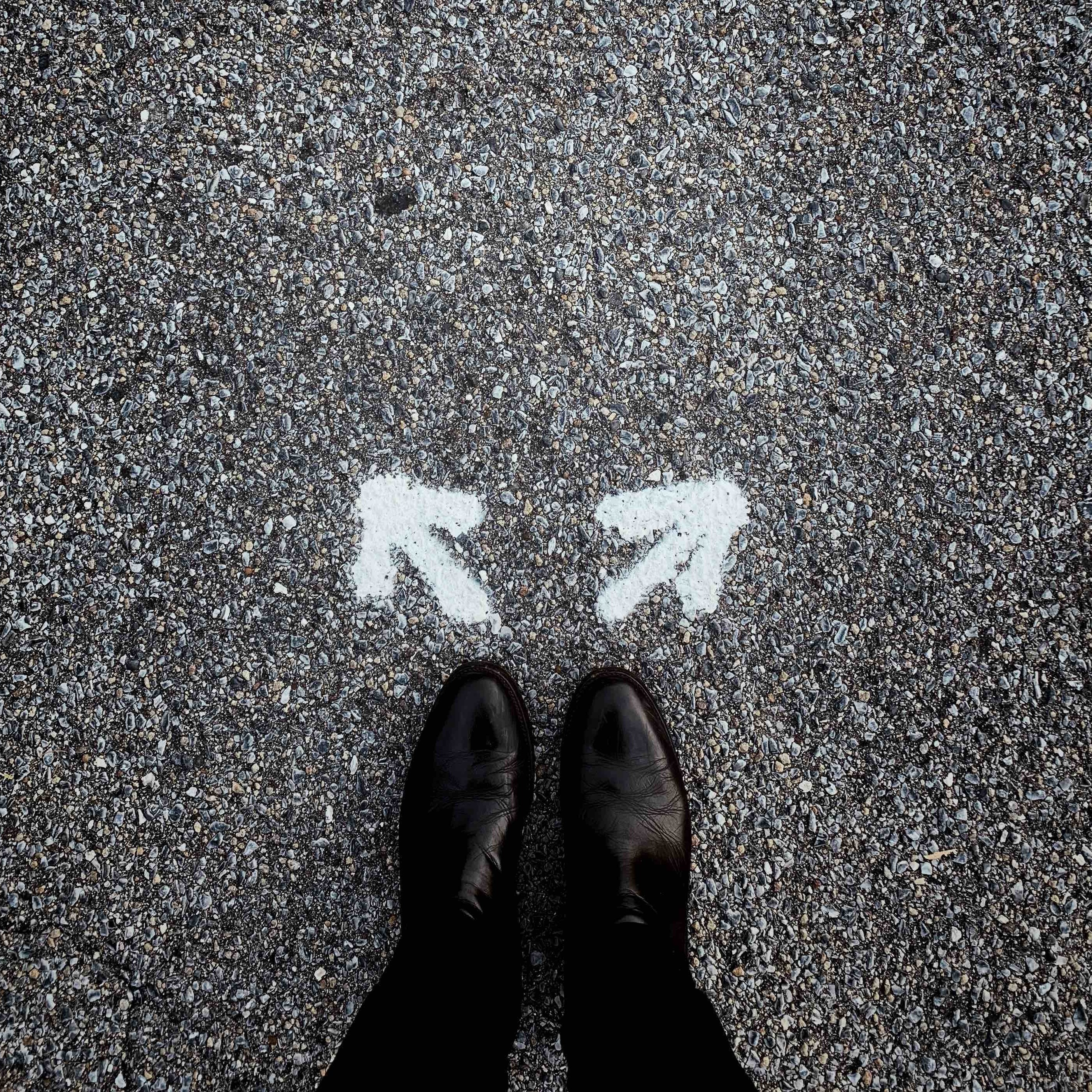

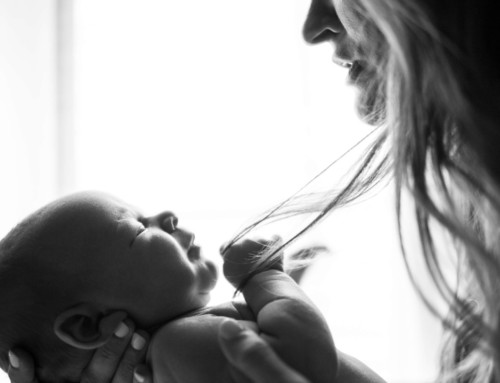

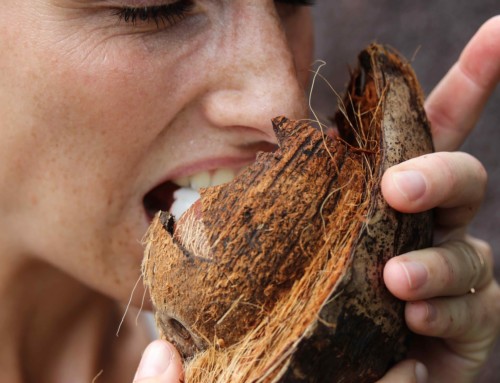

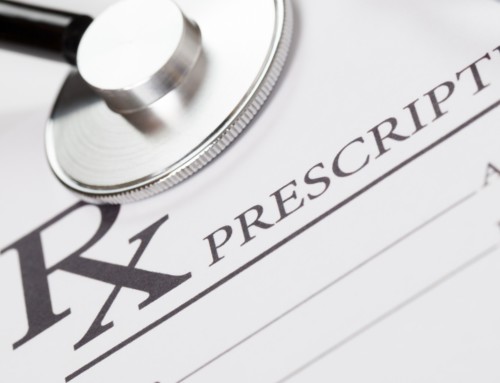
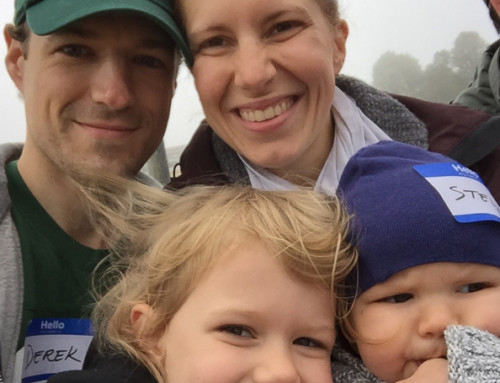
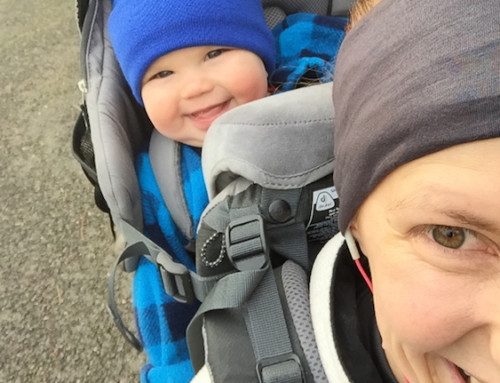


Leave A Comment